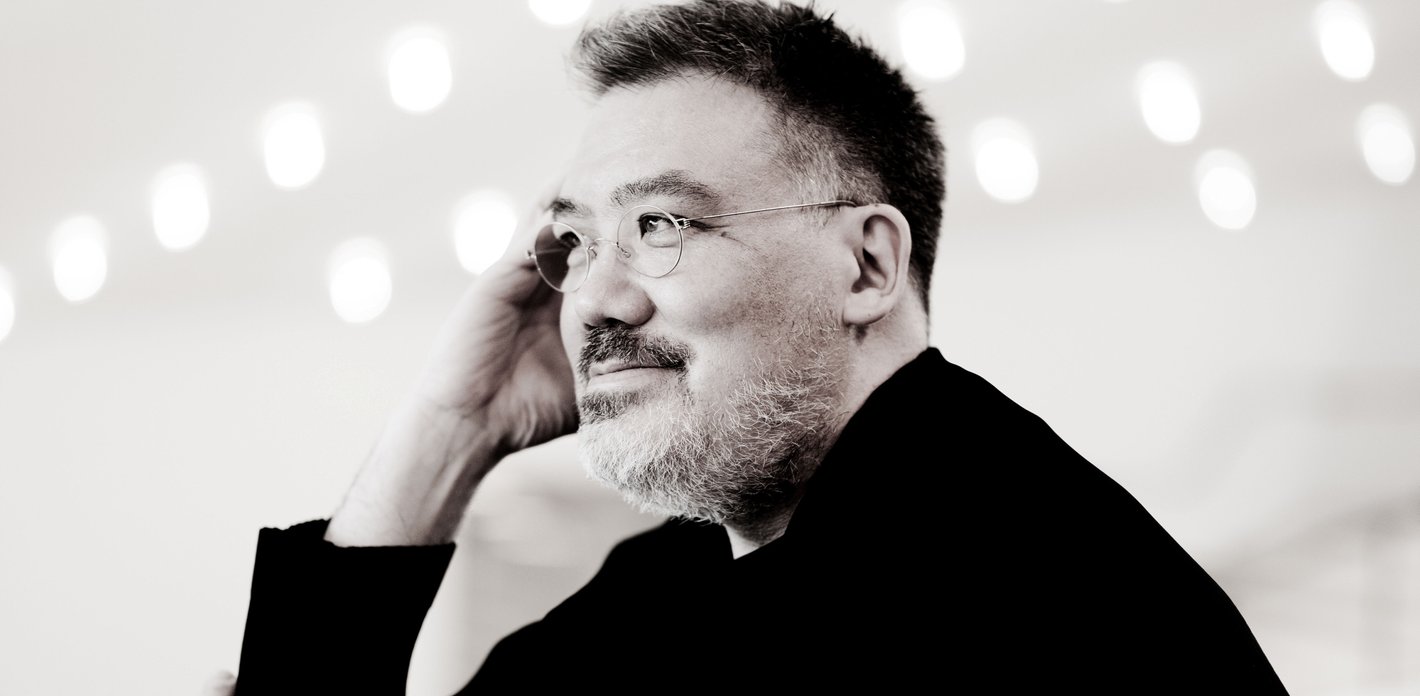Marking the end of the current season, principal conductor Alan Gilbert treats the audience to works by three important Czech composers: Bedřich Smetana, Bohuslav Martinů and Antonín Dvořák. With Dvořák’s Symphony No. 9 »From the New World« and Smetana’s tone poem »Má vlast« expressing his love for his homeland, there are some immortal melodies from music history in store. Star guest Leonidas Kavakos also performs W.A. Mozart's Third Violin Concerto – a rare opportunity to experience the contrasting masterpiece by the just 19-year-old Mozart with such a top line-up.
Pelase note: Only Dvořák's Ninth Symphony is available as video-on-demand.
Performers
NDR Elbphilharmonie Orchester
Leonidas Kavakos violin
conductor Alan Gilbert
Programme
Bedřich Smetana
Vyšehrad / Sinfonische Dichtung / aus: Má vlast (Mein Vaterland)
Wolfgang Amadeus Mozart
Concerto for Violin and Orchestra in G major, KV 216
– Interval –
Antonín Dvořák
Symphony No. 9 in E minor, Op. 95 »From the New World«
About the programme
Any mention of Smetana’s six-part cycle »Ma vlást« (My Fatherland) and most people immediately think of the catchy melody inspired by the Vltava River. But of course there is much more to a fatherland than its main artery flowing through it. Alan Gilbert has chosen the festive first part of this musical tribute to the homeland to open this evening concert. Entitled »Vyšehrad«, it is dedicated to the eponymous Prague castle that was once home to the Bohemian rulers.
Before the interval, exceptional artist Leonidas Kavakos plays Wolfgang Amadeus Mozart's Violin Concerto in G major, whose architectural mastery Kavakos once compared in an interview to the structure of a Greek temple.
After the interval, the concert continues with a true evergreen of symphonic music: Antonín Dvořák’s Symphony No. 9. It is a prime example of the musical and cultural transfer between »Old Europe« and the »New World«. It was with this symphony that the Czech composer finally won over the hearts of audiences around the world in 1893, as the newly appointed director of the National Conservatory of Music in New York. There is hardly any other symphony that remains as popular today as Dvořák’s Ninth – and yet its melodic momentum and captivating stringency fascinate audience anew with every performance.







